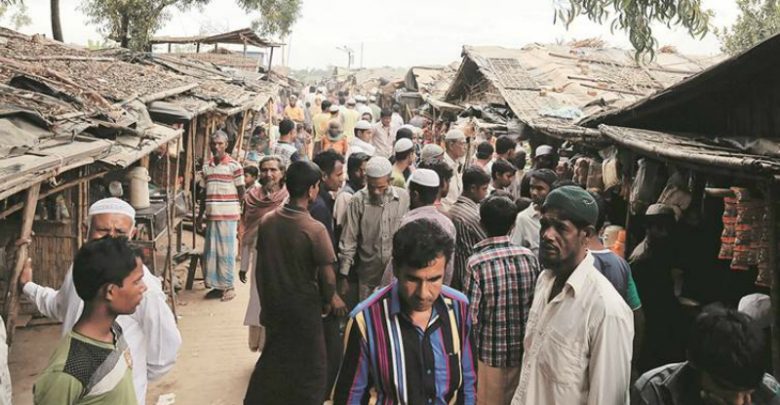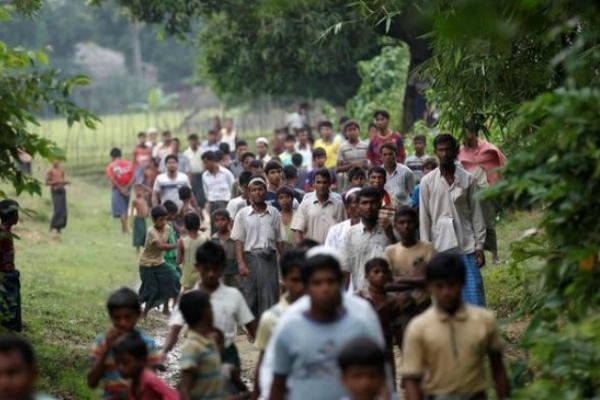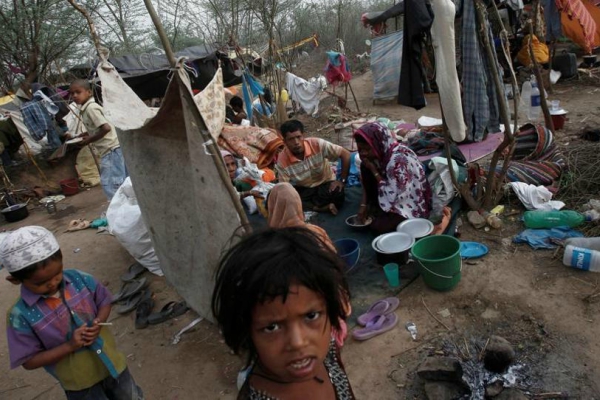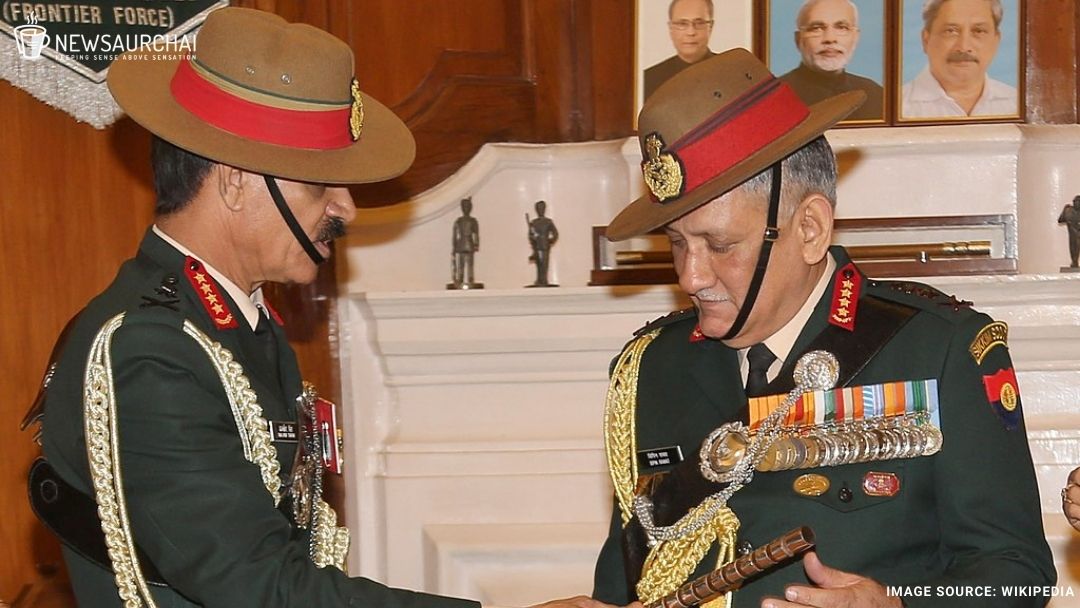The Rohingya Crisis will increase the number of Illegal Bangladeshi Migrators into India

What is happening with the Rohingya Muslims?
Ever since the Burmese government started pushing Rohingya Muslims out of Rakhine on August 25th, more than 5,80,000 people have illegally crossed borders into Bangladesh to take refuge. This ‘harsh’ form of Ethnic cleansing in a religiously peaceful country like Myanmar has attracted worldwide attention, especially with an increasing number of reports suggesting that the Burmese soldiers have violently tortured, raped, murdered and executed residents while forcing the minority out of the country.
The ethical implications of Myanmar’s recent actions are under speculation by the United Nations which hasn’t imposed any sanctions as of now but has constantly appealed to the Myanmar government to end any form of violence or military backlash towards innocent civilians. Myanmar’s Nobel Peace Prize-winning Leader Aung San Suu Kyi said “There have been no conflicts since the 5th September and no clearance operations” but was heavily criticized after media agencies released reports of violence continuing in the region. Meanwhile, Bangladesh has opened its borders to the refugees and are preparing a single campsite near the Myanmar border that can accommodate all refugees for Aid.

As per the World Bank, Bangladesh’s population density has consistently increased and today it has the 10th highest population density in the world at 1252 people per square kilometer. This, in turn, has put a lot of pressure on a relatively smaller economy forcing people to emigrate into neighboring areas, mainly the North-eastern states of India like Assam and Nagaland. With the current Rohingya influx into Bangladesh, it is certain that a chunk of people will attempt to move further into India.
What are the implications for India?
Many Studies over the years have concluded that a high number of Illegal Bangladeshi Immigrants have started residing in the distant North-Eastern regions and their population in states like Assam and Nagaland has been increasing significantly, which has been a cause of concern for local natives who feel that the immigrants are a threat to their culture and community.
There are several reasons that may account for the increasing illegal movement across borders. The thick forests are difficult to track and monitor for the Border Security Force (BSF) who lack essential technological equipment that is fundamental for tracking such illegal movements. Once these immigrants move in, they have been able to obtain legal documents like Birth Certificates or Inner Line Permits (ILP) from Administrative authorities in Assam that has disabled local police authorities from exercising any form of retaliatory action against these immigrants.

Additionally, the Central Government’s stand against illegal immigration and refugees is further weakened as it lacks a regulatory and administrative framework that can effectively deport immigrants or refugees. The Foreigners Act 1946 governs all immigrants but has only been able to deport a small fraction of the estimated 15 million immigrants from Bangladesh over the years. India’s failure to sign the UN Refugee Convention 1951 which may enable it to take a firm stand in case of refugees has also added to the woes of North-East.
It was noted that the actual number of illegal immigrants from Bangladesh is much higher than estimated and their presence has resulted in a loss of ‘identity’ for the seven sister states that only account for 3-4% of India’s population. Communal tensions and the 2015 Nagaland mob-lynching perfectly depict North-East’s resistance to accept migrants that are potentially disrupting their cultural prosperity.
The Rohingya Crisis is an all-out attack on the Muslim minority by Myanmar’s Government and must not be ignored by the International Community, however, this exodus into Bangladesh is only going to pass further on to India and the Modi Government must immediately formulate a plan to deal with the situation which may lead to a civil war in India’s most culturally rich region.





